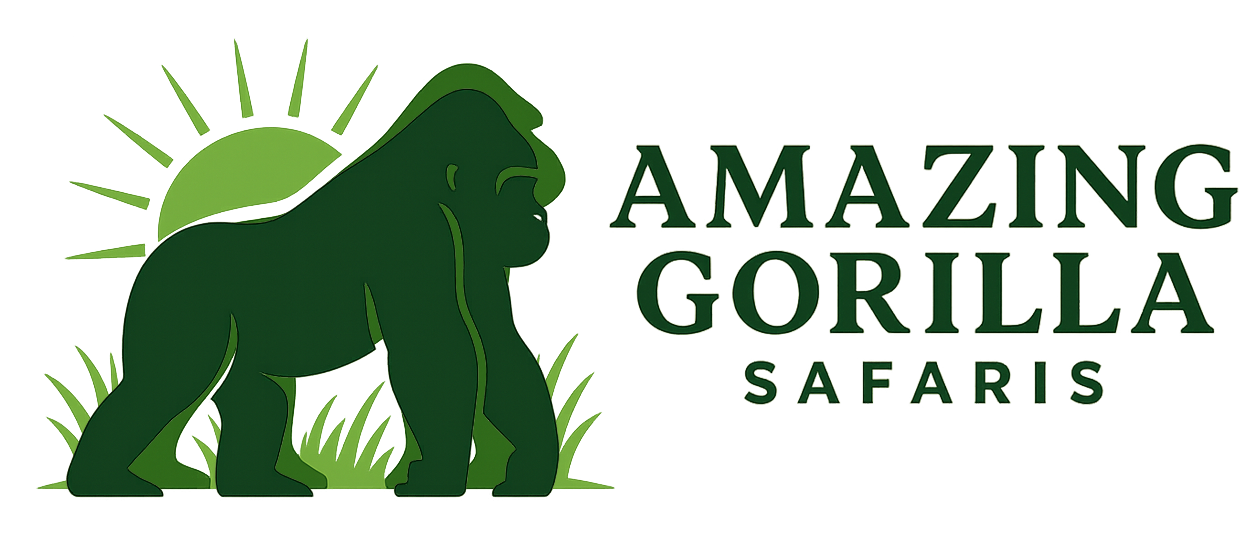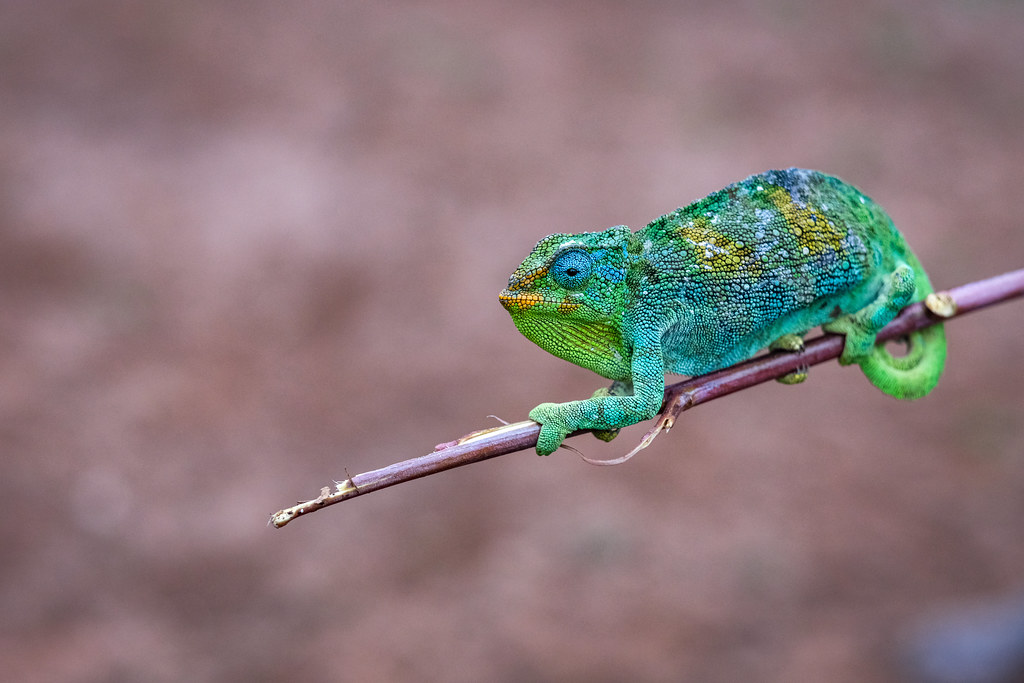Uganda vs Rwanda – Which Is Best for Your Safari?
Introduction: Two Gems of East Africa
When planning a gorilla trekking or wildlife safari in East Africa, the choice often narrows down to two breathtaking destinations — Uganda and Rwanda. Both countries are blessed with dramatic landscapes, diverse wildlife, and warm, welcoming cultures. They share the rare privilege of being home to the world’s last remaining mountain gorillas, yet each offers a distinctly different experience.
Uganda, often called “The Pearl of Africa,” captivates with its variety — from misty mountains and lush rainforests to open savannahs and shimmering lakes. It’s a land of adventure, where gorilla trekking meets classic safari, birdwatching, and cultural encounters. Rwanda, the “Land of a Thousand Hills,” impresses with its scenic beauty, smooth infrastructure, and refined hospitality. It’s smaller, more organized, and ideal for travelers seeking short, luxurious gorilla tours in a serene setting.
Choosing between them depends on what you want your safari to be — wild and diverse, or polished and intimate. Let’s explore both in detail.
The Gorilla Trekking Experience
Both Uganda and Rwanda offer unforgettable gorilla trekking experiences, yet they differ in terrain, accessibility, and cost.
In Uganda, gorilla trekking takes place in Bwindi Impenetrable National Park and Mgahinga Gorilla National Park, home to over half of the world’s mountain gorillas. Treks here are known for being adventurous — trails wind through dense vegetation, steep ridges, and misty valleys. The experience feels raw and wild, appealing to those who crave authentic adventure. Bwindi’s multiple trekking sectors — Buhoma, Ruhija, Rushaga, and Nkuringo — also offer a variety of lodges and difficulty levels.
In Rwanda, gorilla trekking happens in Volcanoes National Park, part of the Virunga Mountains. The terrain is more open and less dense than Bwindi, making trekking slightly easier. Access is smoother — only a 2.5-hour drive from Kigali International Airport to the park headquarters in Kinigi. This makes Rwanda ideal for travelers with limited time, allowing for a quick three-day gorilla experience without long transfers.
However, the permit cost is a major difference: Uganda charges $800 per person, while Rwanda’s permit costs $1,500 per person. While Rwanda’s higher cost reflects its premium tourism model and conservation investment, Uganda remains the more budget-friendly option without compromising the quality of the experience.
Wildlife and Safari Diversity
If you’re looking for a traditional savannah safari in addition to gorilla trekking, Uganda offers more variety. With ten national parks, the country combines primate adventures with classic game drives, boat cruises, and nature walks. Murchison Falls National Park, Queen Elizabeth National Park, and Kidepo Valley National Park are teeming with elephants, lions, giraffes, hippos, and leopards. You can even spot tree-climbing lions in Ishasha and rhinos at Ziwa Rhino Sanctuary.
Rwanda’s other parks are smaller but beautifully maintained. Akagera National Park has transformed into a Big Five destination, with lions, elephants, rhinos, leopards, and buffaloes roaming freely across restored savannah landscapes. Though more compact than Uganda’s parks, Akagera offers a polished, peaceful safari experience complemented by scenic lakes and rolling hills. Rwanda’s Nyungwe Forest National Park is also exceptional for chimpanzee trekking and canopy walks — a perfect complement to gorilla encounters in the north.
In short, Uganda wins on diversity, offering a more extensive mix of wildlife and landscapes, while Rwanda excels in quality and refinement.
Accessibility and Travel Time
Rwanda is known for its remarkable infrastructure and short distances. The paved road from Kigali to Volcanoes National Park takes less than three hours, making it possible to fly in, trek gorillas, and depart all within three days. For luxury travelers or those with tight schedules, this efficiency is a major advantage.
Uganda’s gorilla parks, on the other hand, are more remote. The drive from Entebbe or Kampala to Bwindi can take 8–10 hours, though domestic flights to Kihihi or Kisoro airstrips are available for faster access. While the journey is longer, it’s scenic — passing through rolling hills, banana plantations, and small towns that reveal Uganda’s rural charm. For travelers who love the road-trip element of safari, Uganda offers a richer journey and deeper immersion.
Accommodation and Luxury Experiences
Both countries boast exceptional lodges that cater to every traveler, from budget to high-end luxury.
In Uganda, lodges such as Sanctuary Gorilla Forest Camp, Buhoma Lodge, Clouds Mountain Gorilla Lodge, and Mahogany Springs provide comfort in remote jungle settings. Uganda’s accommodation scene is diverse, ranging from mid-range safari camps to exclusive eco-lodges perched on forested slopes.
In Rwanda, luxury reaches world-class levels. Iconic lodges like Bisate Lodge, Singita Kwitonda Lodge, One&Only Gorilla’s Nest, and Sabyinyo Silverback Lodge set a new standard for high-end ecotourism. The service, design, and sustainability ethos here are unmatched, positioning Rwanda as a premier destination for luxury travelers seeking exclusivity and refinement.
Culture and Local Experiences
Uganda and Rwanda both offer rich cultural encounters, though their styles differ.
Uganda’s cultural experiences are vibrant and varied — from visiting Batwa pygmy communities around Bwindi to exploring Kampala’s colorful markets and dance traditions. Its diversity is immense, with over 50 tribes contributing to a mosaic of music, language, and tradition.
Rwanda’s cultural immersion, by contrast, is more curated and centered around heritage and healing. The Iby’Iwacu Cultural Village near Volcanoes National Park introduces visitors to traditional Rwandan life, music, and crafts. Kigali, the capital, offers deep insight into the nation’s transformation through the Kigali Genocide Memorial, art galleries, and bustling cafes that reflect resilience and modern pride.
Costs and Budget Considerations
When comparing the overall cost of a safari, Uganda is more affordable. Gorilla permits are cheaper, accommodation options are broader, and general safari expenses are lower. This makes Uganda ideal for travelers seeking long, adventurous trips without exceeding their budgets.
Rwanda, on the other hand, focuses on high-value, low-impact tourism — fewer tourists, higher spending, and exceptional service. Its lodges and permits are pricier, but the logistics are smoother and the experience more polished. Rwanda is perfect for those who prefer short, luxury gorilla safaris or exclusive travel experiences.
Safety, Comfort, and Infrastructure
Both Uganda and Rwanda are among Africa’s safest destinations for tourists. Rwanda is particularly renowned for its cleanliness, efficient roads, and well-organized tourism systems. Uganda’s infrastructure is improving steadily, with expanding tarmac roads and new air routes to national parks. Both countries offer secure and friendly environments with professional guides, hospitable communities, and well-regulated trekking systems.
Final Verdict: Which Is Best for You?
If your dream is a luxury gorilla trek with minimal travel time, Rwanda is the best choice. Its smooth logistics, short transfers, and high-end lodges make it perfect for those seeking comfort and elegance.
If you desire a longer, more diverse adventure, Uganda wins. It combines gorilla trekking with savannah safaris, chimpanzee tracking, and cultural exploration, offering more value and variety. Uganda’s untamed landscapes and wild authenticity appeal to explorers who crave depth and discovery.
Ultimately, both countries offer unforgettable journeys — one polished and intimate, the other adventurous and vast. The choice isn’t about which is better, but which aligns with your spirit of travel.
Final Thoughts
Uganda and Rwanda each represent a different rhythm of Africa. Rwanda’s safari experience is elegant, efficient, and deeply moving, while Uganda’s is diverse, raw, and endlessly inspiring. Whether you trek through Bwindi’s tangled forests or climb the volcanic slopes of Volcanoes National Park, the reward is the same — a magical hour with the mountain gorillas, a moment that transcends borders and stays in your heart forever.





